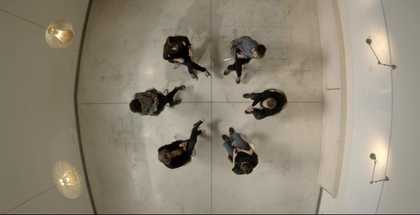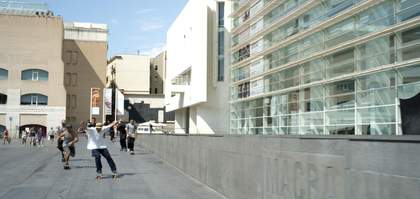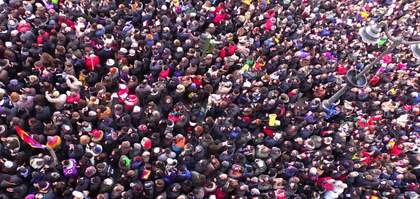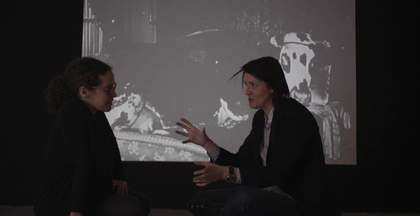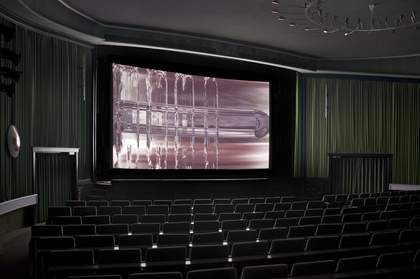A follow-up to his monumental 1978 essay film General Report on Certain Matters of Interest for a Public Screening [Informe general sobre algunas cuestiones de interés para una proyección pública], Catalan filmmaker Pere Portabella’s General Report II examines political, economic, social and ecological aspects of European democracy from a cultural standpoint.
The film encompasses a wide range of perspectives as it navigates audiences through footage of public demonstrations, symposia and more intimate conversations between politicians, grassroots activists, cultural workers, academics and scientists. Much like its predecessor, the film emerges at a critical point in Spain’s political and economic history.
Asking how cultural institutions such as the museum can function as a space for debate, General Report II explores various modes of political participation. Resisting any definitive solutions, Portabella’s unique approach to documentary takes the pulse of the communities, networks and social movements implicated in Europe’s cultural, political-economic and energy crises.
General Report II. The New Abduction of Europe [Informe general II. El nuevo rapto de Europa], Spain 2016, DCP, colour, sound, 126 min
After the screening, Pere Portabella will join us via Skype. He will be in discussion with Yaiza Hernández, who appears in General Report II as one of the organisers of the symposium “The New Abduction of Europe” (Museo Nacional Centro de Arte Reina Sofía, 2014). She is currently a lecturer on the MRes Art programme at Central Saint Martins.
The discussion is followed by an audience Q&A.
Biography
Pere Portabella (born 1929, Spain) is a Catalan filmmaker and politician. A key figure in Spain’s cultural and political landscape, Portabella began his work in cinema producing Carlos Saura’s Los Golfos 1959 and Luis Buñuel’sViridiana 1961, and went on to create the cult films Nocturno 29 1968, Vampir Cuadecuc 1970 and Umbracle 1972, a series of films with artist Joan Miró and the 1978 documentary work General Report on Certain Matters of Interest for a Public Screening [Informe general sobre algunas cuestiones de interés para una proyección pública]. Marked by a cinematic style deeply rooted in both the Calatan experience and a broader support for democratic liberty, Portabella’s films have proved an important reference for a younger generation of artists.
Portabella’s films were the subject of a 2011 Tate Film retrospective organised by Stuart Comer, then Curator, Film, and Mark Nash, Professor and Head of Programme, Curating Contemporary Art at the Royal College of Art, London.
This programme is supported by Institut Ramon Llull, London
Tate Film is supported by LUMA Foundation

